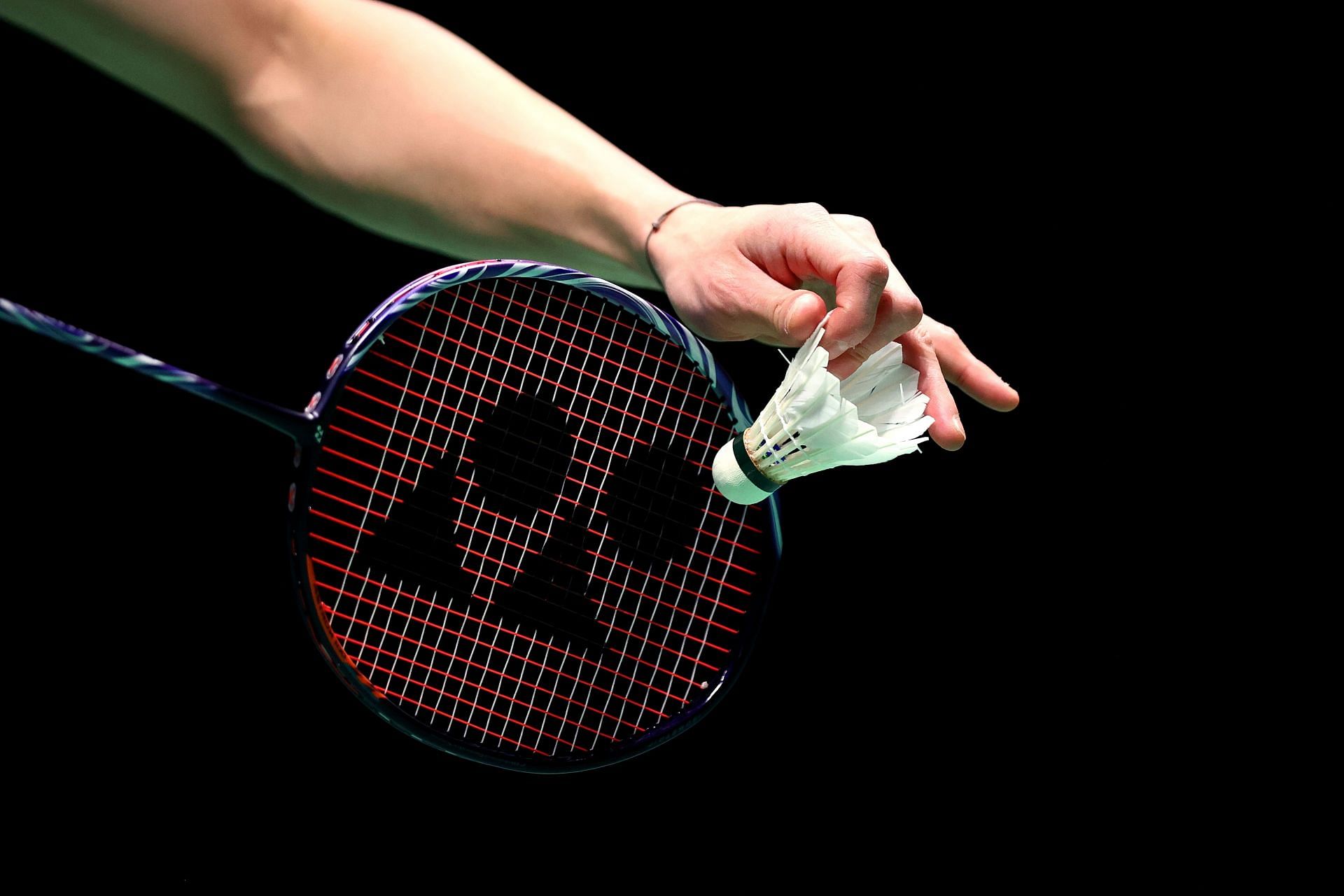
Paralympics medal winner likely to face suspension after missing dope tests
An Indian para shuttler, who brought India a medal in the Paralympics, is most likely to be suspended after the player defaulted on his/her whereabouts, missing two dope tests and one filing failure in late 2022.
It could be a huge blow for Indian sports before the upcoming edition of the Paralympics. As per a report in The New Indian Express, the Court of Arbitration for Sports (CAS) handled the issue after which the Badminton World Federation (BWF) took charge.
Going by the anti-doping rules of the BWF:
"Whereabouts failures by an athlete in any combination of three missed tests and/or filing failures, as defined in the International Standard for Results Management, within twelve months by an athlete in a Registered Testing Pool (RTP)."
The BWF recorded three whereabouts failures after which they informed the matter to the concerned authorities. As per the World Anti-Doping Agency (WADA):
“Athletes commit a missed test whereabouts failure if they are not available to be tested during their 60-minute designated testing window when a doping control officer comes to test them.”
Two-year ban for para shuttler?
Although it has been learned that CAS upheld its decision to penalize the shuttler, the player is likely to get a chance to appeal. The player was not provisionally suspended after the BWF, reportedly, asked for a two-year ban for the shuttler.
The Operation Carousel of the WADA talked about India’s inadequacy in whereabouts regarding doping issues.
"These interviews revealed, that the supervision of whereabouts was inadequate, that there was a lack of sufficient testing, and that NADA (National Anti-Doping Agency's) did not have an effective intelligence or investigative capability," WADA said.
If banned, the shuttler would add to India’s high-profile list of players with whereabout failures. Hima Das and Pooja Dhanda. Last year, sprinter Das was suspended by NADA for three whereabout failures. Wrestler Pooja, on the other hand, was given a one-year ban, which came into effect on June 15, 2023.